Entertainment
25 Incredibly Strange But True Historical Facts
By Jake Beardslee · May 24, 2025
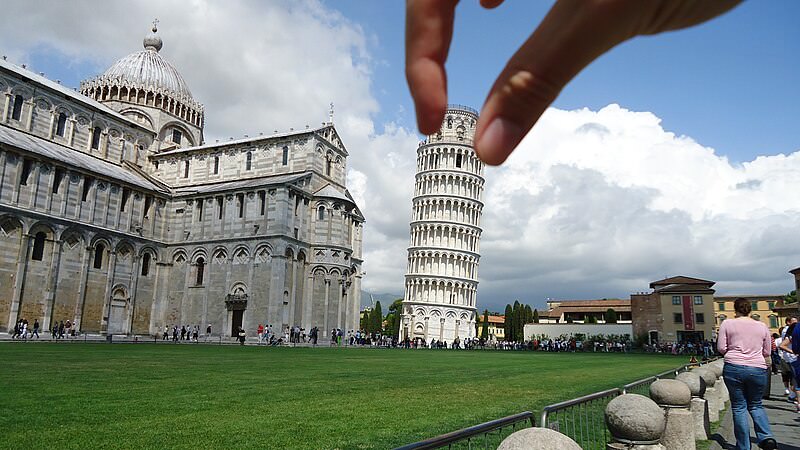

The Prestigious Pineapple: How an Exotic Fruit Became a Status Symbol
In 18th century England, the pineapple, a tropical fruit native to South America, emerged as an unlikely status symbol. Its exotic origins and arduous journey to reach English tables made it a luxury affordable only to the wealthy. Pineapples became a showcase of prosperity, with the rich renting them for events or using every part as decorative pieces. Phoenix Han/Unsplash
Paris' Accidental Icon: How the Eiffel Tower Found Its Home
When Gustav Eiffel first unveiled his audacious design for a towering wrought-iron lattice structure, it was met with disdain by the city of Barcelona, who deemed it too unsightly. Undeterred, Eiffel pitched the concept as a temporary landmark for the 1889 International Exposition in Paris, likely never imagining it would become one of the world's most recognizable architectural wonders. NonOmnisMoriar/Wikimedia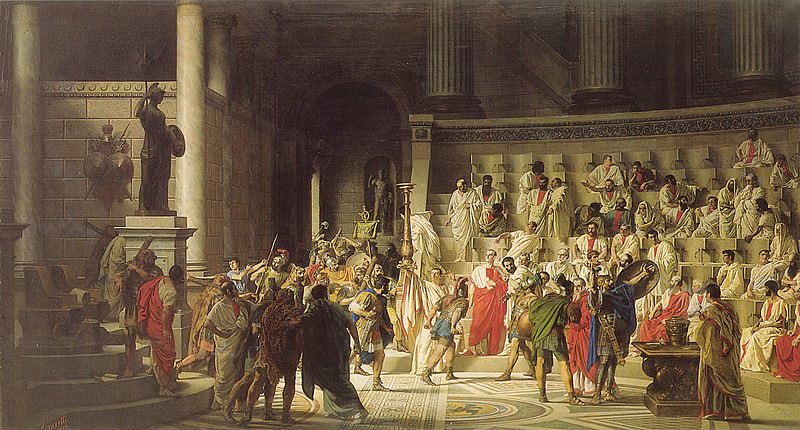
The Longest Year: A Calendar Catastrophe
In 46 BC, the year lasted a staggering 445 days, earning it the moniker "the year of confusion." This bizarre occurrence was the result of Roman emperor Julius Caesar's misguided attempt to align his newly formed Julian Calendar with the seasonal year. The chaos caused by this calendar mishap must have been truly mind-boggling for those living through it. Raffaele Giannetti/Wikimedia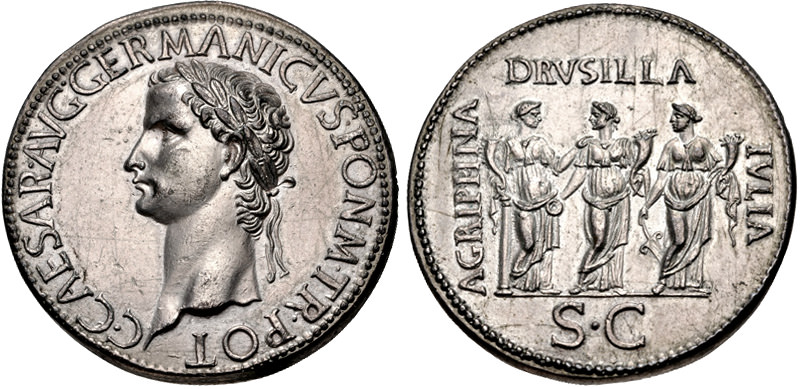
A Horse in the Senate: Caligula's Bizarre Appointment
The Roman emperor Caligula was known for his cruelty and sadistic behavior, but he also had a penchant for the absurd. In one of the most ridiculous acts of his reign, he appointed his favorite horse as a Senator, granting the animal a position of power and authority in the Roman government. Classical Numismatic Group, Inc. http://www.cngcoins.com/Wikimedia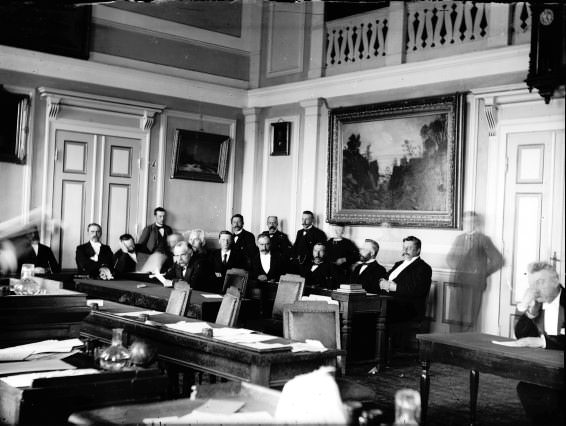
The World's Oldest Parliament: Iceland's Althing
Established in 930, the Althing in Iceland is the world's oldest parliament, a remarkable feat that speaks volumes about the country's commitment to democracy and governance. It has remained the acting parliament of the small Scandinavian island nation for over a millennium. Ljósmyndasafn Reykjavíkur/Reykjavík Museum of Photography/Wikimedia
Buried Alive: The Macabre Tale of Alexander the Great
Historians now believe that Alexander the Great, the legendary conqueror, may have been buried alive. His body allegedly failed to decompose after his premature cremation, leading scientists to suspect that he was still breathing at the time. This chilling revelation adds a new layer of intrigue to the life and death of one of history's most iconic figures. Gaspar de Crayer/Wikimedia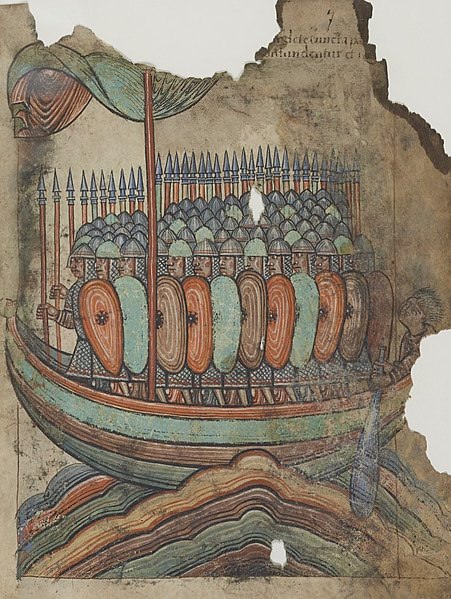
Vikings in America: The First European Explorers
Long before Christopher Columbus set foot on the American continent, the Vikings had already discovered and settled in parts of modern-day Newfoundland and Labrador. Led by the legendary Viking chief Leif Eriksson, these daring explorers established a presence in the New World, challenging the long-held belief that Columbus was the first European to reach the Americas. Abbey of Saint-Aubin/Wikimedia
Oxford University: Older Than the Aztec Empire
Founded in 1096, Oxford University predates some of the most iconic civilizations in history, including the Aztec Empire, Machu Picchu, and even the enigmatic Easter Island statues. This venerable institution has educated countless world leaders and influential figures, cementing its place as a bastion of knowledge and academic excellence that has withstood the test of time. Txllxt TxllxT/Wikimedia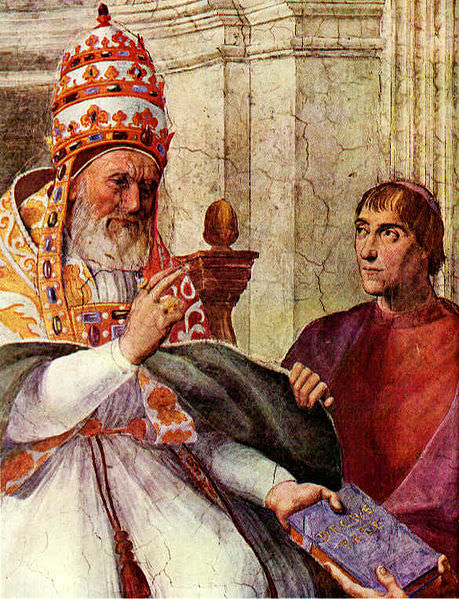
The Medieval Purge of Black Cats: Superstition Reigns
In the 1230s, Pope Gregory IX issued a papal bull declaring cats, particularly black ones, to be instruments of the devil. This edict initiated a notorious Europe-wide cat purge, fueled by superstition and fear. Raffaello Santi (1483-1520)/Wikimedia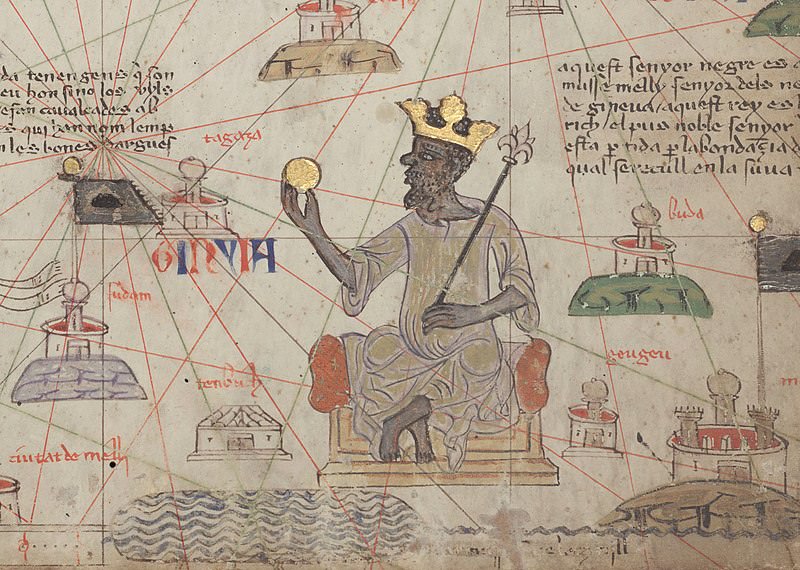
The Richest Person in History: Mansa Musa's Golden Empire
Mansa Musa, the 14th-century emperor of the Mali Empire, is believed to have been the wealthiest person in history, with an estimated fortune of $400 billion by today's standards. His immense wealth, derived from the gold-rich lands he ruled, was so vast that his generous donations during a visit to Cairo nearly destabilized the region's economy. Bibliothèque nationale de France/Wikimedia
Cannibalism Among the Elite
For centuries, the European elite, including royalty and scientists, indulged in a revolting practice – the consumption of human body parts. This macabre culinary pursuit was fueled by the mistaken belief that cadavers could cure diseases. Gravediggers and tomb raiders supplied the grisly ingredients, contributing to a truly shocking and horrifying chapter in history. Rawpixel.com/Flickr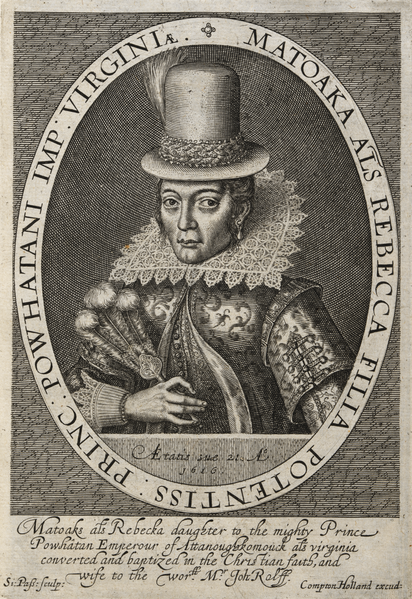
Pocahontas' Final Resting Place: A Trans-Atlantic Journey
The real-life Pocahontas had a fascinating and tragic life story. After being trafficked to England by John Rolfe, she became a living advertisement for his tobacco company. However, her life took a heartbreaking turn when she fell ill and died in Gravesend, Kent. Simon van de Passe/Wikimedia
Byron's Peculiar Pet: A Bear at University
The eccentric poet Lord Byron had an unusual companion during his time at Trinity College, Cambridge – a pet bear. Defying the rules prohibiting students from keeping dogs on campus, Byron brazenly acquired the bear, likely adding an air of eccentricity and chaos to his college days. Richard Westall/Wikimedia
Napoleon's Bunny Blunder: A Rabbit Revolt
Even the great military strategist Napoleon Bonaparte was not immune to the occasional humiliating mishap. During a rabbit hunt he organized, the rabbits, instead of fleeing in fear, reportedly swarmed him, climbing up his legs and jacket. The sight of the emperor retreating hastily from a swarm of bunnies is both comical and a testament to the unpredictable nature of life. Poro amara/Wikimedia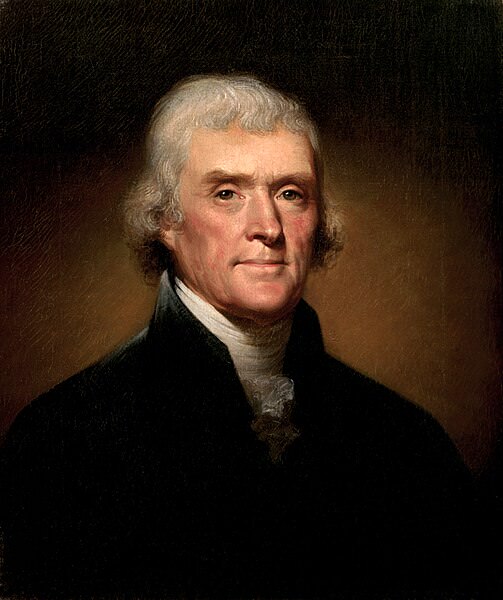
Presidential Coincidence: Adams and Jefferson's Fateful Departure
In a remarkable coincidence, John Adams and Thomas Jefferson, the second and third Presidents of the United States, passed away on the same day – July 4, 1826, the 50th anniversary of American independence. Rembrandt Peale/Wikimedia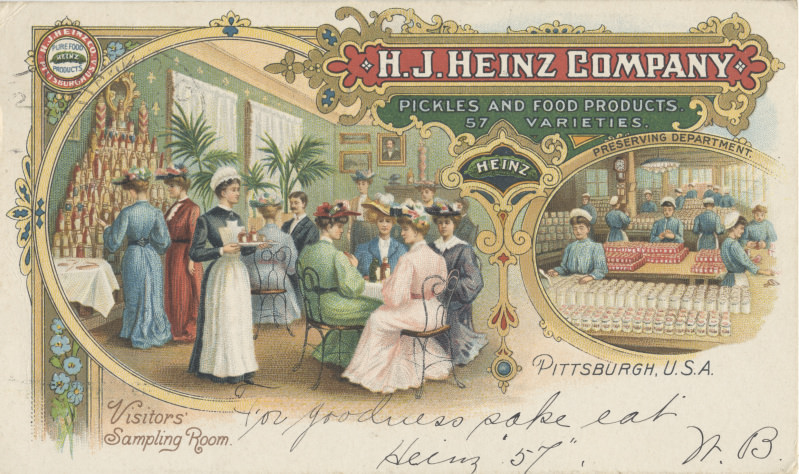
The Medicinal Ketchup: A Culinary Cure-All
In the 1830s, tomato ketchup was marketed as a cure-all, with claims that it could alleviate ailments ranging from diarrhea to jaundice. Dr. John Cook Bennett even went so far as to sell his own brand of tomato pills, capitalizing on the misguided belief in the condiment's medicinal properties. Miami U. Libraries - Digital Collections/Wikimedia
The Loudest Sound in History: Krakatoa's Deafening Roar
On August 27, 1883, the eruption of Indonesia's Krakatoa volcano produced the loudest sound in recorded history. The explosion registered an astonishing 172 decibels at a distance of 100 miles, powerful enough to rupture eardrums 40 miles away. The resulting sound wave traveled around the world four times. Lithograph: Parker & Coward, Britain/Wikimedia
The Shortest War: 38 Minutes of Conflict
The Anglo-Zanzibar War of 1896 is widely regarded as the shortest war in history, lasting a mere 38 minutes on August 27th. Despite its brevity, the conflict between the United Kingdom and the Zanzibar Sultanate resulted in a staggering number of casualties, with over 500 of Khalid's fighters killed or wounded. This short-lived but deadly clash serves as a sobering reminder of the horrors of war, no matter how brief. Richard Dorsey Mohun (1865-1915)/Wikimedia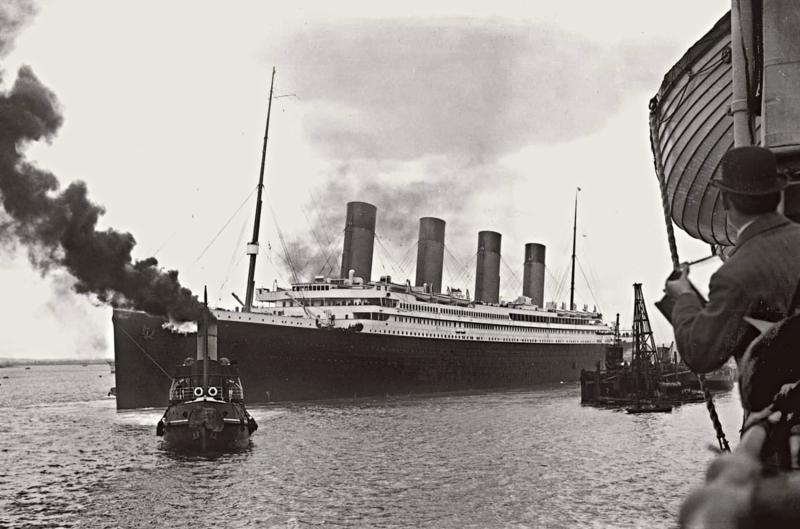
Predicting the Titanic Disaster: Fiction Foreshadowing Reality
In 1898, author Morgan Robertson penned a novella titled "The Wreck of the Titan," which eerily foreshadowed the sinking of the RMS Titanic over a decade later. The similarities between the fictional account and the real-life tragedy, including the lack of lifeboats and the collision with an iceberg, are uncanny. PD-US/Wikimedia
Pisa's Perpetual Puzzle: The Leaning Tower's Construction Conundrum
Contrary to popular belief, the Leaning Tower of Pisa didn't gradually shift over time; rather, its lean manifested during construction itself, after the third floor was added. Baffled builders were unable to discern the cause, yet they pressed on, leaving the tower's distinctive inclination intact. Modern scientists hypothesize that the soft clay upon which the tower was erected may be the culprit behind its infamous tilt. John Samuel/Wikimedia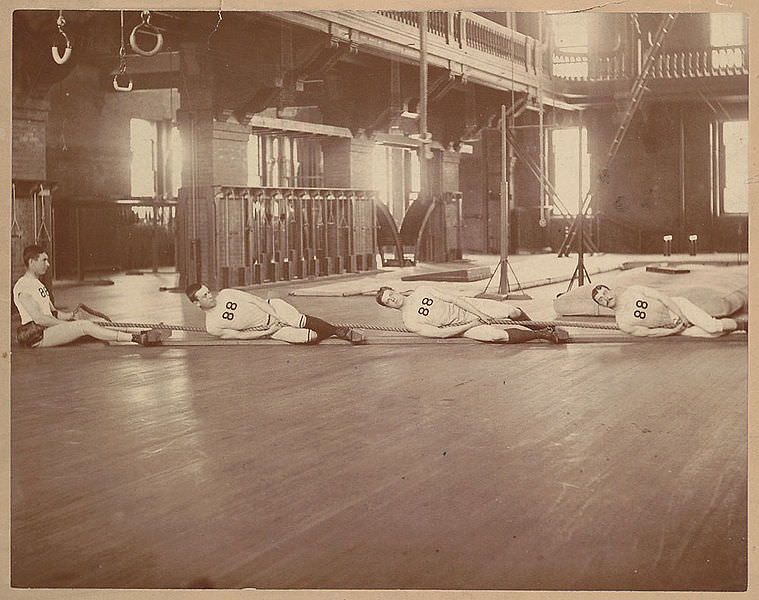
Tug of War at the Olympics: An Unlikely Sport
The tug of war, a game often associated with childhood and outdoor festivities, was once an official Olympic sport. From 1900 to 1920, teams of athletes would engage in this test of strength and endurance, vying for the coveted Olympic medals. Harvard University Archives/Wikimedia
Potty Pursuits of the Past
While modern bathrooms offer the luxuries of quilted toilet paper and effective plumbing, our ancestors had to resort to far less savory solutions when nature called. Historical accounts reveal that in the absence of proper facilities, people once relied on unconventional materials like corn cobs and old periodicals like the Farmers' Almanac to tend to their bodily needs. Pp391/Wikimedia
Renaissance Table Manners: The Evolution of the Tablecloth
During the Renaissance era, the humble tablecloth underwent a fascinating transformation that reflected changing social norms and dining etiquette. What began as a simple table dressing evolved into a communal napkin, with diners eschewing the practice of wiping their mouths and hands on their clothing in favor of using the tablecloth itself. Paolo Veronese/Wikimedia
The First Moon Walker's Celestial Bathroom Break
During the historic Apollo 11 mission in 1969, when humans first set foot on the lunar surface, astronaut Buzz Aldrin achieved an unexpected milestone. Due to a malfunction in his spacesuit's urine collection system, Aldrin became the first person to urinate on the Moon. Project Apollo Archive/Wikimedia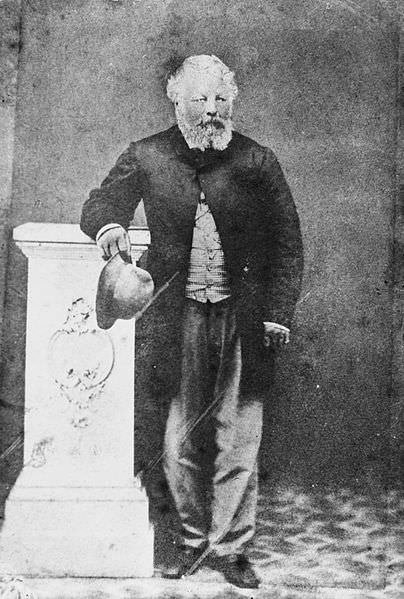
Prunes for Pictures: The Quirky Origins of Stoic Portrait Smiles
In the mid-19th century, the act of posing for a photograph was a serious affair. Rather than flashing wide, toothy grins, subjects were instructed to utter the word "prunes" to keep their mouths pursed and expressions stern. The reasoning behind this peculiar practice stemmed from the prevailing attitudes of the time, which viewed broad smiles as childish and unbecoming for formal portraits. Photograph copied by Stanley Polkinghorne Andrew/Wikimedia